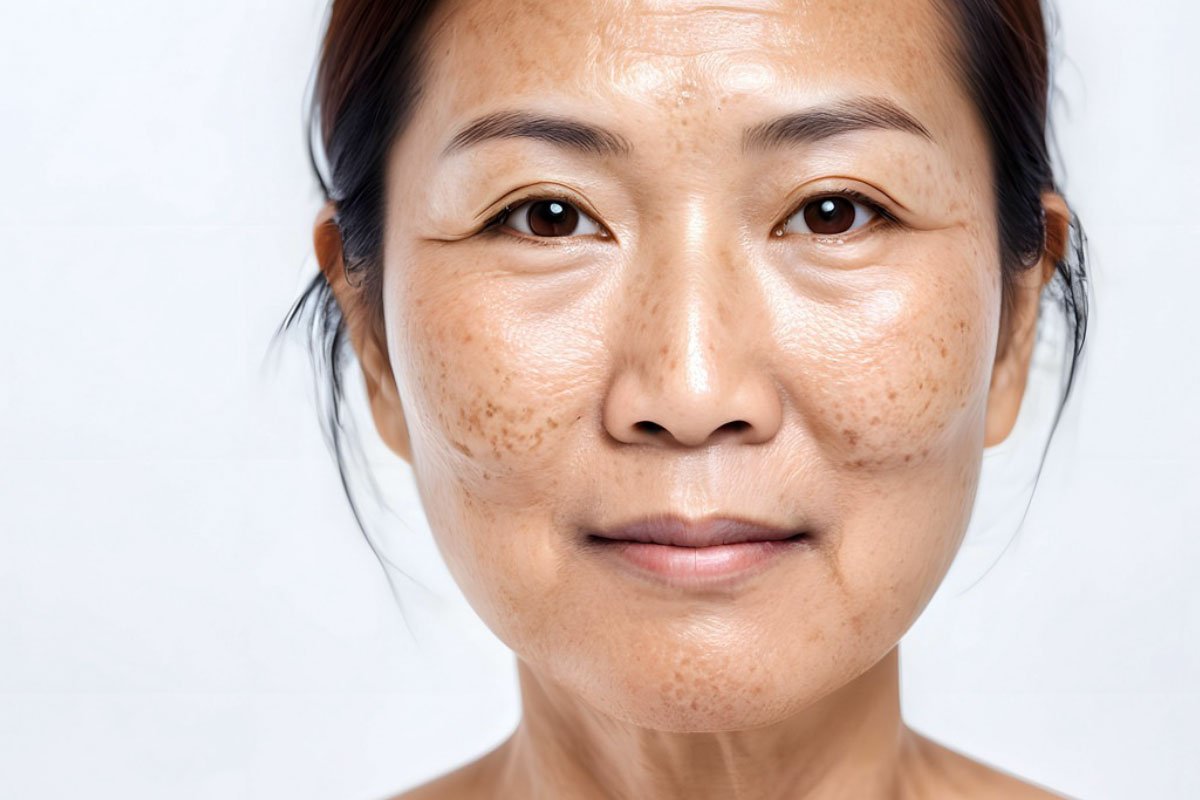Understanding Hyperpigmentation: Types, Causes, and the Best Ways to Treat It
Hyperpigmentation refers to darkened areas on the skin due to excess melanin production, often appearing as spots or patches. While not harmful, it can impact self-confidence. Here's a breakdown of the types, causes, and treatments for hyperpigmentation:
Types of Hyperpigmentation:
Sun Spots (Age Spots): Brown or black spots from prolonged sun exposure, often appearing after age 40.
Melasma: Irregular brown or gray patches linked to hormonal changes, commonly during pregnancy ("mask of pregnancy").
Post-Inflammatory Hyperpigmentation (PIH): Dark spots after skin injuries or conditions like acne, often in darker skin tones.
Freckles: Small, light brown spots, usually hereditary and common in fair skin.
Hori’s Nevus: Dark patches on the face, common in women of Asian descent, worsened by sun exposure.
Causes of Hyperpigmentation:
Sun Exposure: UV rays increase melanin production, leading to sunspots.
Hormonal Changes: Pregnancy or birth control pills can trigger melasma.
Skin Injury/Inflammation: Acne, burns, and cuts can cause PIH.
Age and Genetics: Aging and genetics influence freckles and sun spots.
Medications: Some medications can increase sun sensitivity, contributing to pigmentation.
Best Ways to Treat Hyperpigmentation:
Daily Sunscreen Application: Protect skin from further sun damage. Use SPF 30+ and reapply every 2 hours.
Topical Treatments:
Kojic Acid: Naturally brightens skin and reduces dark spots by inhibiting melanin production.
Vitamin C: Brightens skin and reduces melanin production.
Niacinamide: Evens skin tone and reduces pigmentation.
AHAs: Exfoliates skin and lightens spots over time.
Hydroquinone: A skin-lightening agent for dark spots.
Chemical Peels: Exfoliate the skin to remove outer layers and improve skin texture.
Laser Treatments: Lasers target pigmentation and break down melanin deposits for persistent hyperpigmentation.
Home Remedies: Aloe vera, lemon juice, and honey can soothe and brighten the skin, though results may be slower.
Conclusion:
Hyperpigmentation is treatable with patience and consistency. Protecting your skin from the sun, using topical treatments, and seeking professional options like peels or laser therapy can reduce dark spots and improve skin tone. Always consult with a dermatologist for personalized treatment options.
Get professional skincare treatments at SUNI Skincare to enhance your results!
Refer a friend to SUNI Skincare and both of you get $20 toward your treatments! Suzanne will apply your reward at your next appointment.
Book your consultation today and give your skin the care it deserves! Schedule now!

